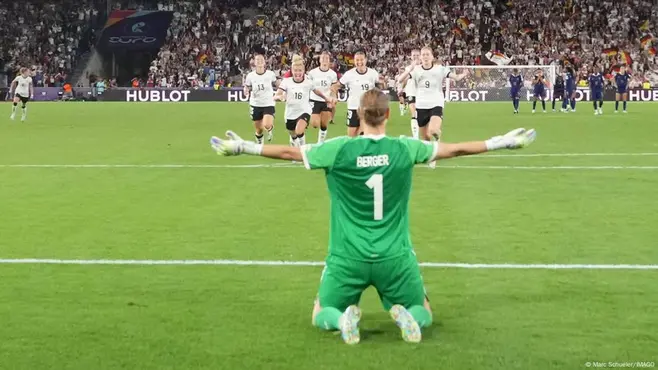T4K3.news
World first surgery saves Bolton toddler with vein of galen malformation
A Bolton baby diagnosed with a rare brain malformation undergoes a pioneering surgery that doctors call world first.
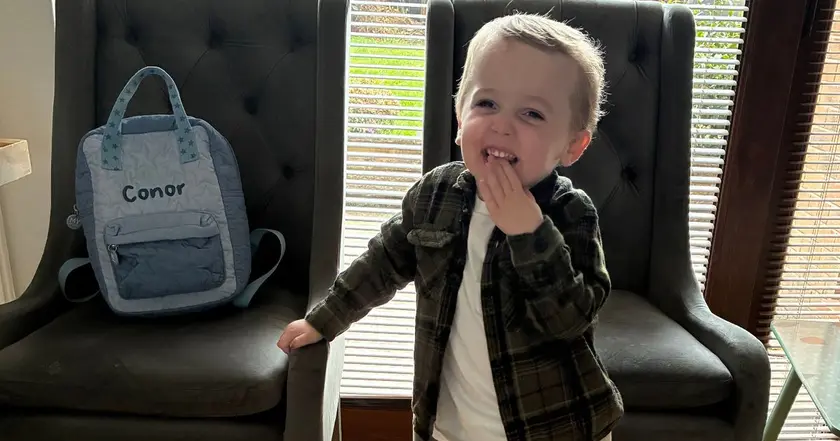
A Bolton baby with a rare brain malformation undergoes a pioneering procedure that doctors say saved his life.
World first surgery saves Bolton toddler with vein of galen malformation
A Bolton family learned their son Conor has a vein of Galen malformation after a doctor noticed a large head during a routine check for an umbilical hernia. The rare brain condition causes abnormal connections between arteries and veins, increasing blood flow and risking serious complications if untreated. After MRI scans, Conor was treated at Alder Hey Children’s Hospital in Liverpool. Surgeons performed three endovascular embolisations, and when the standard arterial route could not reach the malformation, they accessed the vessels through the skull. Doctors say Conor is now nearly fully recovered and back on track for preschool.
Lucy O’Rourke and Sean O’Rourke describe the journey as terrifying yet hopeful. The family’s experience shows how regional hospitals connect with national specialists for life threatening cases and highlights the need for continued focus on pediatric neurosurgery capabilities and funding. Conor’s father has signed up to run the Manchester Marathon next year to raise money for Alder Hey, underscoring both personal impact and community support.
Key Takeaways
"They saved his life, they saved ours too."
Mother reflecting on outcome after recovery.
"It’s a fight against time."
Surgeon describing urgency of treatment.
"We were incredibly lucky in a lot of ways."
Mother expressing gratitude and resilience.
"This case could guide future care for rare brain malformations."
Editorial takeaway on impact for medical practice.
The case underscores how a high-stakes diagnosis can trigger rapid, networked care across the NHS. It also highlights the balance between cutting-edge treatment and the limits of where it can be performed. A regional hospital can push boundaries when given access to specialized expertise, but the story also raises questions about ongoing training, resources, and follow-up care for rare conditions. As hospitals push toward more experimental approaches, families benefit from clear communication, multidisciplinary teams, and transparent risk discussions.
Looking ahead, this example may influence how health systems plan for rare diseases. It suggests a need for stronger referral pathways, investment in specialized centers, and data sharing to improve outcomes for similar vascular malformations. The human story remains central: timely intervention, collaborative care, and the resilience of families navigating uncertainty.
Highlights
- They saved his life, they saved ours too.
- It’s a fight against time.
- We were incredibly lucky in a lot of ways.
- This case could guide future care for rare brain malformations.
Hope remains that more families will access timely, high-quality care when rare conditions emerge.
Enjoyed this? Let your friends know!
Related News

World first surgery helps baby beat rare brain malformation
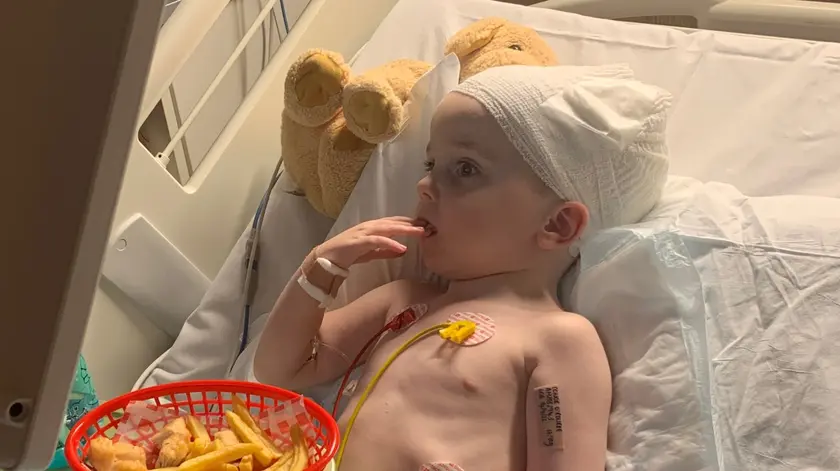
Toddler achieves remarkable recovery after pioneering surgery
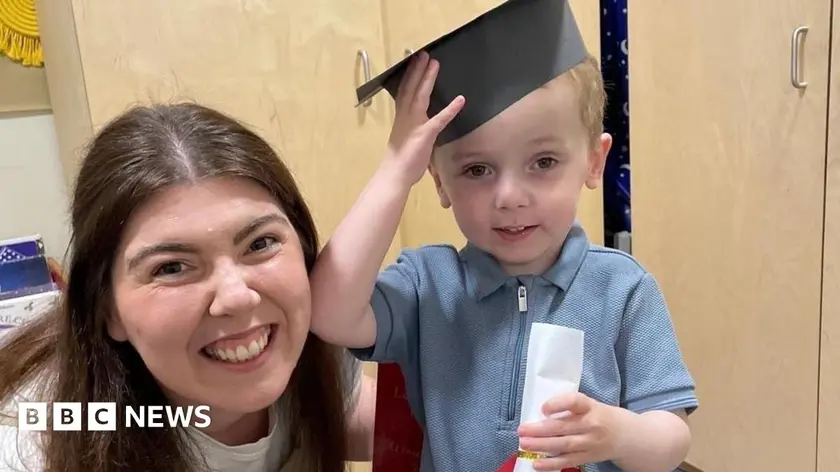
Child diagnosed with rare vein condition after chance observation

Transfer news intensifies as deadline approaches
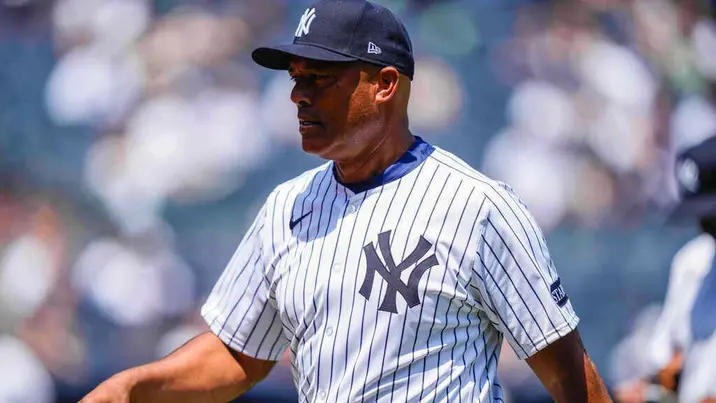
Rivera suffers Achilles injury at Yankees Old-Timers Day

Rivera suffers Achilles tear at Yankees game
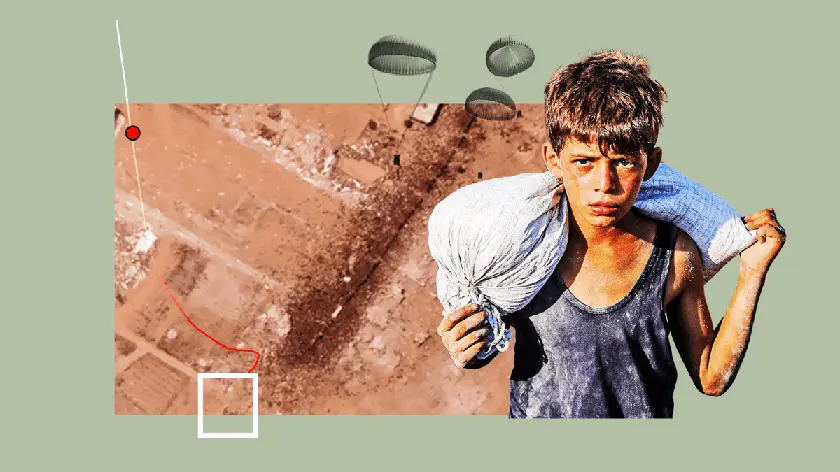
Severe Hunger Crisis in Gaza
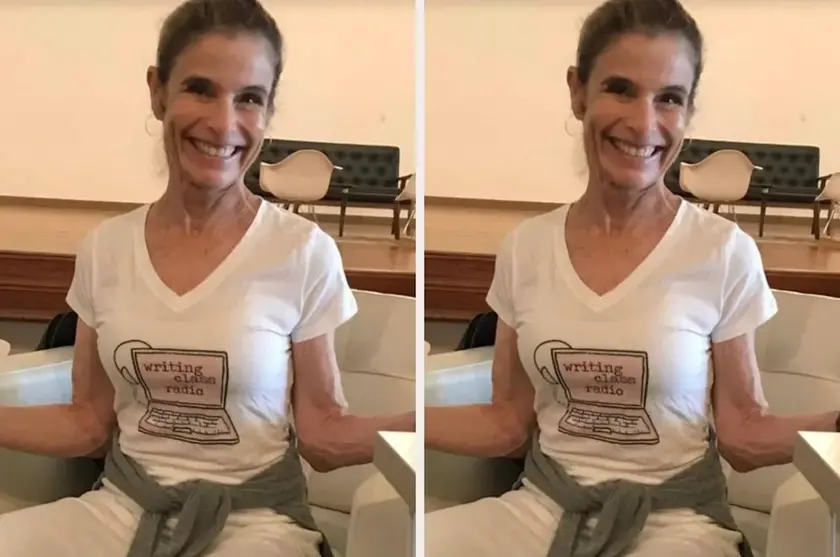
Personal Journey of Recovery After Mastectomy
